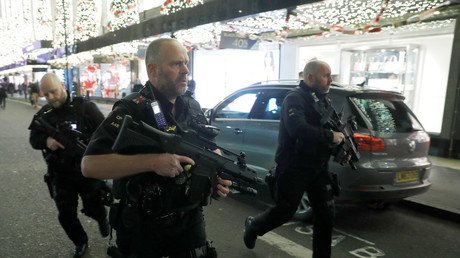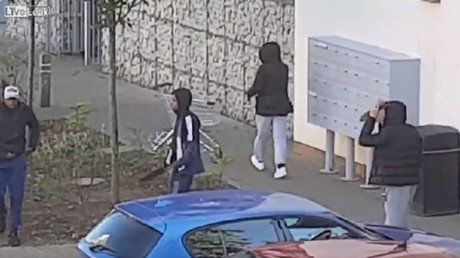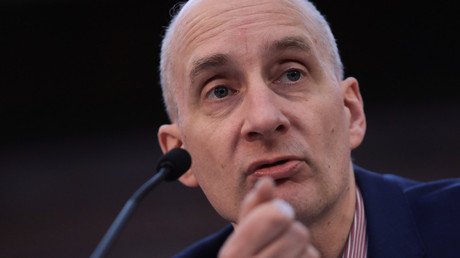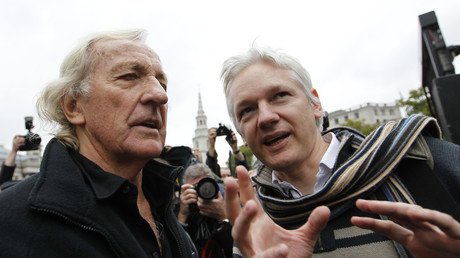Return of the postcode wars: How UK govt allowed London to be carved up into gangland
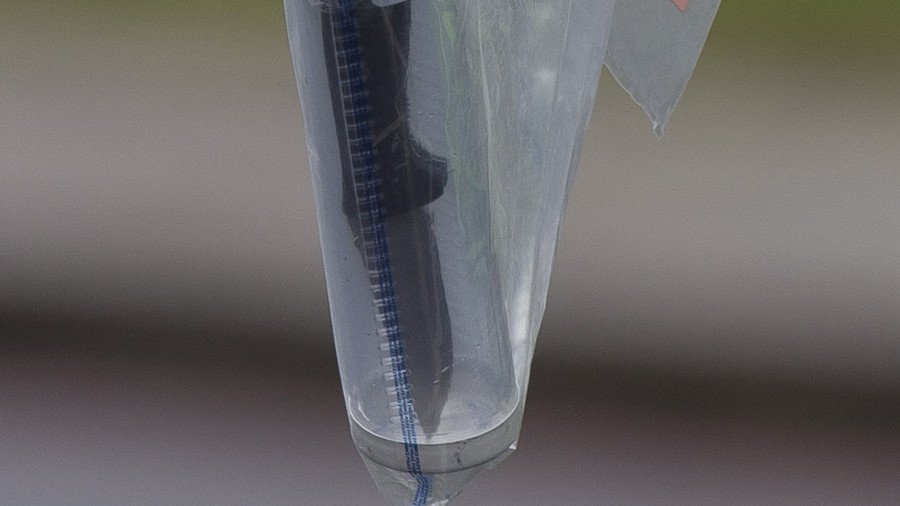
Knife crime was coming down just a few years ago, but now London is gripped by an epidemic of attacks. Teenagers are being killed and children caught up in drive-by shootings in some of London's most poverty-stricken boroughs.
In one week, eight people were stabbed to death, and this weekend, a girl aged 17 was shot in the chest, before dying in her mother's arms. Knife crime experts and charities have slammed the government, which has slowly withdrawn funding and support for preventative projects. Children in the city, one group said, are suffering deep "trauma" both physically and mentally because of the attacks.
So-called ‘postcode wars’ which were prominent in 2010/11 are returning, with neighboring boroughs and gangs fighting over territory. Ben Kinsella, 16, was stabbed to death in 2008 after being set upon by three men. That year, 21 young people were stabbed to death in London; in one 24-hour period in July alone, six people were murdered.
In the following years, campaigners ensured the government listened to parents' fears and honored the dead by plowing cash into knife prevention work. Yet, with a fall in violent crime, experts say the money ended and now as austerity bites the problems have begun again.
Those involved in knife crime in London appear to be disproportionately young black males. However, they themselves say it is more to do with the areas they live in, rather than race.
Patrick Green, CEO of the Ben Kinsella Trust, told RT UK: "Speaking to young black men in Tottenham recently, they said to me you could put anybody in their community, red, green, orange – and it would be exactly the same.
"There were two men in their late 20s who had never been to Oxford Street, until they were in their 20s, because they were fearful of leaving Tottenham. They were afraid of leaving their area, they said they would be attacked."
Funding across the capital, Green said, is where the focus needs to be to stop problems before they begin.
He said: "The overall violent crime figures at the time were appalling and now they are right back to where they were when Ben was murdered. In 2014, figures were significantly lower than what they are now, around 25,000. Last year about 37,500. That's a 50 percent increase in three years.
"When you look at the approach taken around 2010/11, there was a significant amount of concern around violent crime. There was a push for preventative work and youth work. There was a recognition if you want to stop violent crime you have to stop people carrying knives in the first place. Diversion work.
"Violent crime falls and there is a perception violent crime is no longer a big issue. A lot of services which are funded to help young people start to disappear under austerity cuts."
The cash ended around 2014/15, and suddenly the numbers began to climb again.
Green said: "We need to be addressing the causes. If you start at poverty, this is the driver for most criminality. Knife crime across London, poverty is certainly a driver,” Green said.
"There is also a race issue between London and the rest of the country. The majority of people involved outside London are white, most of those involved inside London are black or ethnic minority groups.
"One consistent threat is deprivation, which drives drug and gangs and creates postcode wars. They carry a knife for protection and for status."
Other activists have called for the legal framework to be addressed and punishment to resemble systems used decades ago in the UK.
Danny O'Brien from London-based Anti-Knife UK said there needs to be a tougher approach to criminality. He called for action on murders, stabbings and the carrying of knives, suggesting prisons do not work.
A national service-type arrangement is what is needed, he said.
He said: "For every knife case it is different, nobody knows what they are going to get. We have to start getting tough on young men and women carrying knives – but not prison. Custodial sentences don't work. People come out of prison and want to take over their area again and then you get these conflicts.
"Criminalizing people doesn't work. You get a boy given a sentence and then he can't work, and then he has a chip on his shoulder, and then he turns to crime again. There needs to be a national service-type arrangement. There is also an issue with communities talking to the police, they don't want to be a ‘snitch.’ There is no trust between the authorities and the communities."
O'Brien also said rising figures in domestic violence must be addressed. Police have often claimed the rocketing figures are down to more reporting after campaigns to women to open up.
Knife crime charities and women's services have said more must be done to protect victims of domestic violence.
Like this story? Share it with a friend!
